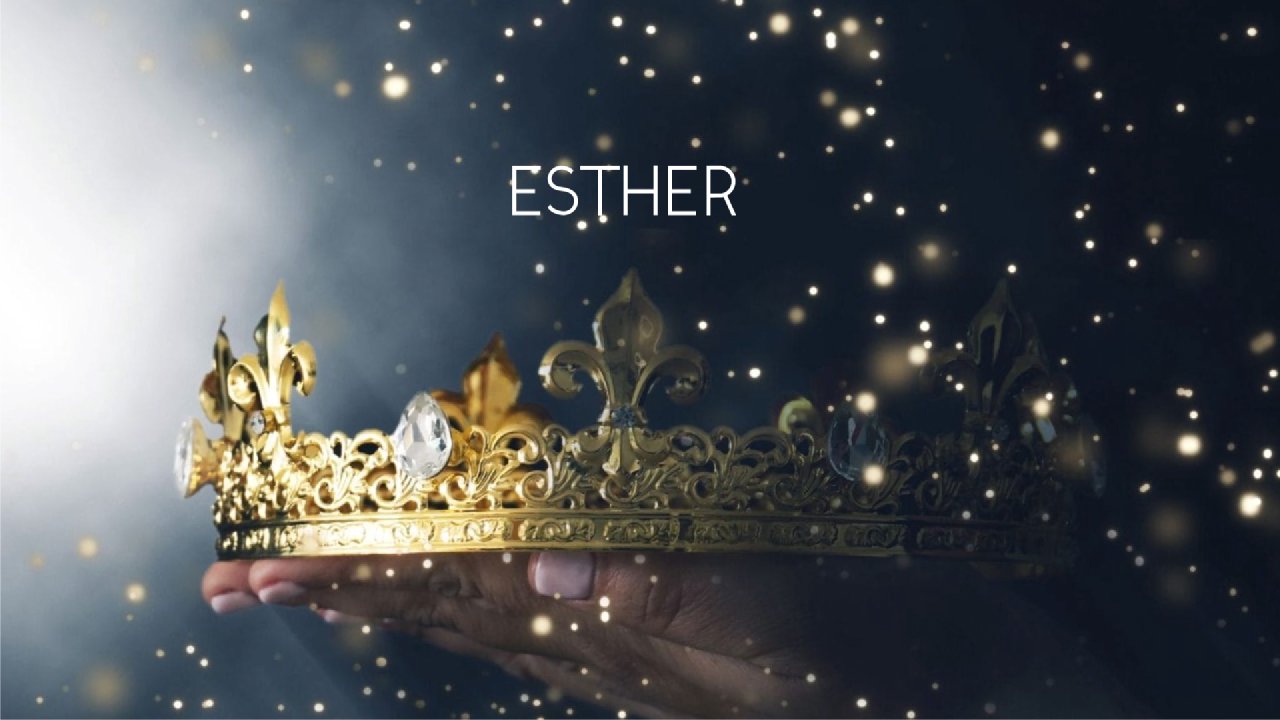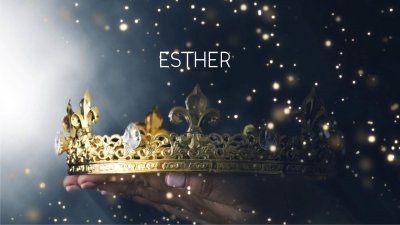• We see a bunch of great reversals take place in this chapter. Take note of them from Esther 3:10-4:4, and also Esther 7:3-4.
• Esther didn't need the house of Haman because there was something even more important to her: the deliverance of the Jews. Take note of the passion and burden she feels for the Jews, who she calls "my people... my kindred."
• This upcoming "holy war" may not sit well with us, but these wars were necessary at this time in redemptive history, to preserve and protect God's people at a time when our salvation was not yet secure. From the beginning of time, God’s war has been against sin and evil… we seem to want God to destroy sin and evil but leave humanity alone, but those things don’t exist apart from humanity.” Lydia Brownback
• We can rest knowing, that there will be no more holy wars in this era… not until the final holy war that comes at the end times, when God’s final judgment will fall on the wicked. And on that day of final judgment, we can rest assured knowing that a better Esther, a better mediator, someone who has pleaded our case before the King… Jesus Christ, who left the glories of heaven… fought his own personal holy war on our behalf, conquering death once for all, so that we who are rebellious sinners may have everlasting life with him. This is the Greatest Reversal to which all the reversals in Esther’s story point. [Iain Duguid]
• If the people of Persia could rejoice and celebrate with "light and joy and gladness and honor," over the hope of potential victory... how much more should WE rejoice that the victory has already been won!?
• Our hope is certain. We still may fight these earthly battles, but we don’t fight from a defeated position, but from a delivered one. We, too, can be full of “light and gladness and joy and honor." “You turned my lament into dancing; you removed my sackcloth and clothed me with gladness” (Psalm 30:11). “Let the people praise you, God; let all the people praise you. Let the nations rejoice and shout for joy” (Psalm 67:3-4).
• So who holds the power at the end of this chapter? Who’s the hero? Not Haman. Not the king. And not even Esther or Mordecai. The LORD always has and always will hold the power. And because of that, because the LORD holds the power (and not US), we can rest assured that all is going according to plan, and we can celebrate our secure salvation in him, our guaranteed victory. Because the Lord holds the power, we can celebrate this great reversal of our eternal fate. We have "light and joy and gladness and honor" in the irrevocable and irreversible power of the Lord our God.

Week Nine
November 3, 2021 • Jaime Carnaggio • Esther 8
More from
Esther Study





